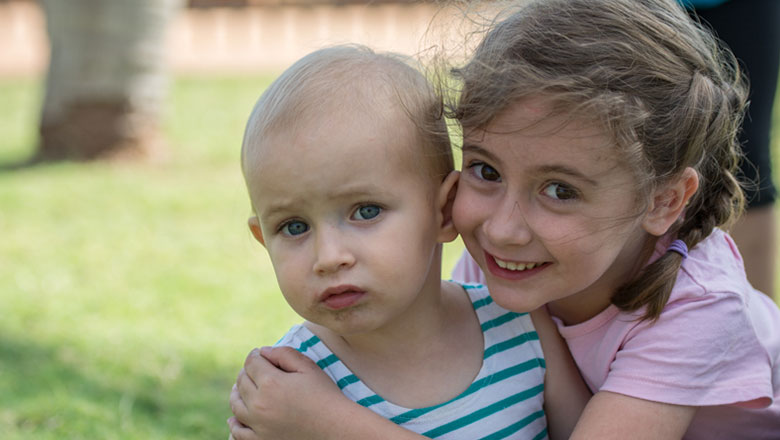Search

News & Events
Community Conversation- Infectious Diseases in ChildrenConsumers and community members are invited to join us to provide input into our childhood infectious diseases research.

News & Events
The Kids Research Institute Australia researcher awarded support fundingA Kids Research Institute Australia researcher has been awarded $10,000 from the New Independent Researcher Infrastructure Support (NIRIS) award.
News & Events
The Kids researcher wins Premier’s Science AwardThe Kids researcher Dr Hannah Moore has been named Woodside Early Career Scientist of the Year at the 2015 Premier's Science Awards.
News & Events
Celebrating 20 years of meningitis awarenessAustralian charity celebrates 20 years of providing meningitis awareness and marks World Meningitis Day with footy star
News & Events
New vaccine shows promise in protecting against common cause of meningitisResearchers are an important step closer to finding a vaccine that protects against a wide range of strains of meningococcal B - the most common cause of mening
News & Events
National honour for infectious diseases researcherPerth researcher dedicated to reducing serious chest and ear infections in children has been recognised with the award of Officer in the Order of Australia
News & Events
Trial begins of first vaccine against Ross River VirusPerth researchers are seeking volunteers to test the effectiveness of a vaccine against the debilitating Ross River Virus.
News & Events
Caesarean link to respiratory infections in babiesCaesarean link to respiratory infections in babies
News & Events
Perth trial begins on investigational Golden Staph vaccinePerth researchers are calling for volunteers to help test an investigational vaccine against Staphylococcus aureus (golden staph).
News & Events
Volunteers needed to trial new vaccine against dengue feverPerth researchers are about to trial a new vaccine that aims to protect against all four strains of the potentially devastating Dengue Fever.
